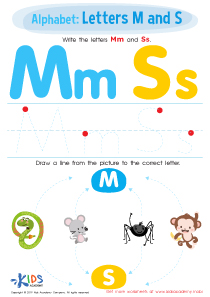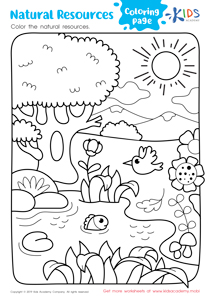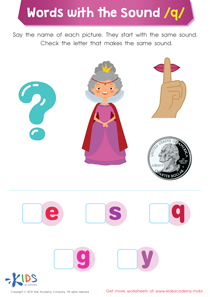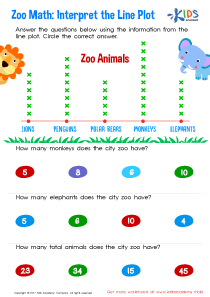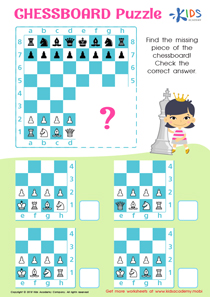Matching and Sorting Quizzes for 3-Year-Olds
5 results
5 filtered results
Clear all filters5 filtered results
-
From - To
Introducing our vibrant, interactive assessment quizzes designed exclusively for Matching and Sorting skills, tailored for 3-Year-Olds! These engaging quizzes are expertly crafted to evaluate and enhance your child's ability to match and sort objects by shape, color, size, and more. As your little one embarks on this colorful learning journey, they will receive instant feedback, fostering a positive learning environment and encouraging their natural curiosity. Perfect for early learning, our Matching and Sorting quizzes for 3-Year-Olds are a fun way to lay the foundation for critical thinking and categorization skills. Watch as your child delights in each achievement, building confidence and knowledge with every quiz!
Matching and Sorting for 3-Year-Olds: A Fundamental Leap in Early Childhood Education
In the panorama of early childhood education, interactive learning resources have emerged as pivotal tools in fostering foundational skills among young learners. Among these, Matching and Sorting for 3-Year-Olds stands out as a significant educational strategy, instrumental in enhancing cognitive development and academic readiness in preschoolers. These interactive quizzes are not just games but are structured educational exercises designed with the developmental needs of 3-year-olds in mind, aiming to lay a solid foundation for their future learning journeys.
Why Matching and Sorting Matter for 3-Year-Olds
The importance of matching and sorting activities in early childhood education cannot be overstated. These activities are fundamental in teaching children about relationships and categories, crucial concepts in understanding the world around them. For 3-year-olds, who are at a critical stage of cognitive development, these exercises help in sharpening their observational skills, enhancing their memory, and fostering logical thinking. By engaging in matching and sorting tasks, children learn to identify similarities and differences, an essential skill in problem-solving and critical thinking.
Interactive Quizzes: A Game-Changer in Learning
The introduction of interactive quizzes in the realm of Matching and Sorting for 3-Year-Olds has revolutionized the way children learn these concepts. Unlike traditional methods, these quizzes are designed to be engaging, fun, and interactive, ensuring that children remain interested and motivated throughout the learning process. Through the use of colorful images, animations, and sounds, these quizzes capture the attention of young learners, making the learning experience enjoyable and memorable.
Furthermore, interactive quizzes offer instant feedback, a feature that is particularly beneficial for young children. When a child matches a pair correctly or sorts items into the correct categories, immediate positive reinforcement is provided, which encourages them to continue engaging with the activity. This instant feedback mechanism also allows children and their educators or parents to identify areas where the child may need further practice, enabling targeted learning.
Building a Strong Academic Foundation
The skills developed through Matching and Sorting for 3-Year-Olds are not confined to the realm of early childhood education but are foundational for academic success in later years. The ability to recognize patterns, categorize items, and understand relationships is fundamental in subjects such as mathematics, science, and language arts. For instance, sorting objects by shape, size, or color lays the groundwork for mathematical concepts such as classification and order. Similarly, matching exercises enhance language skills by expanding vocabulary and improving word recognition.
Conclusion
Interactive quizzes on Matching and Sorting for 3-Year-Olds are invaluable tools in the educational arsenal for early childhood education. By captivating young minds through engaging and interactive content, these quizzes not only make learning fun but also build essential cognitive skills that serve as the cornerstone for future academic success. As such, parents and educators are encouraged to incorporate these activities into their teaching methodologies, ensuring that children reap the benefits of a strong and well-rounded early education.
